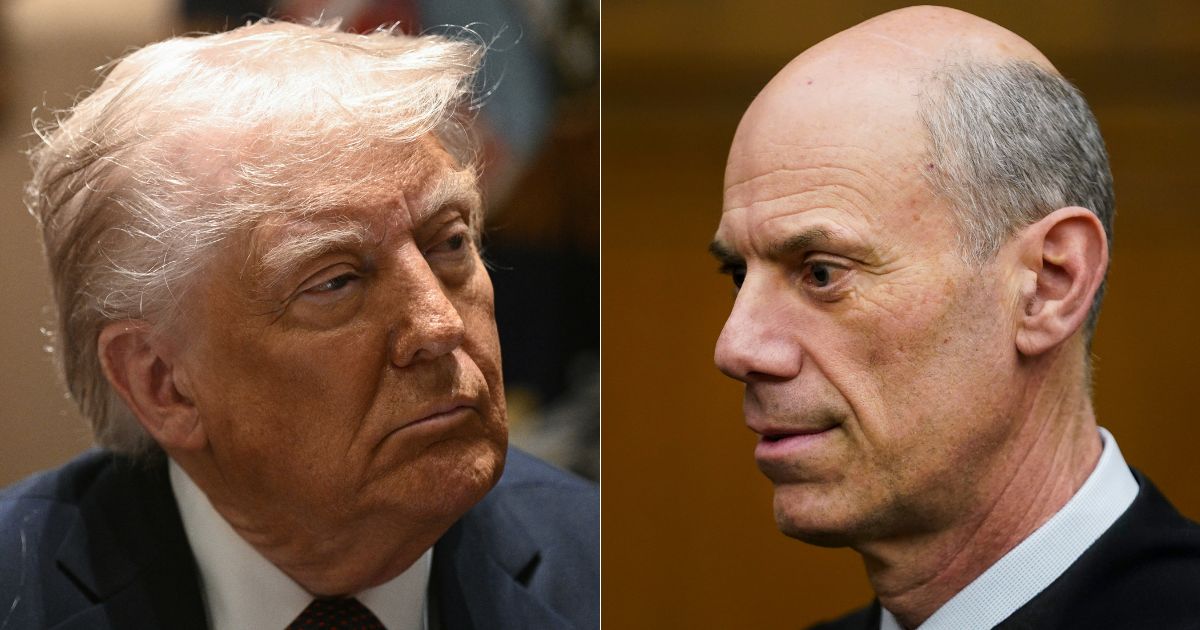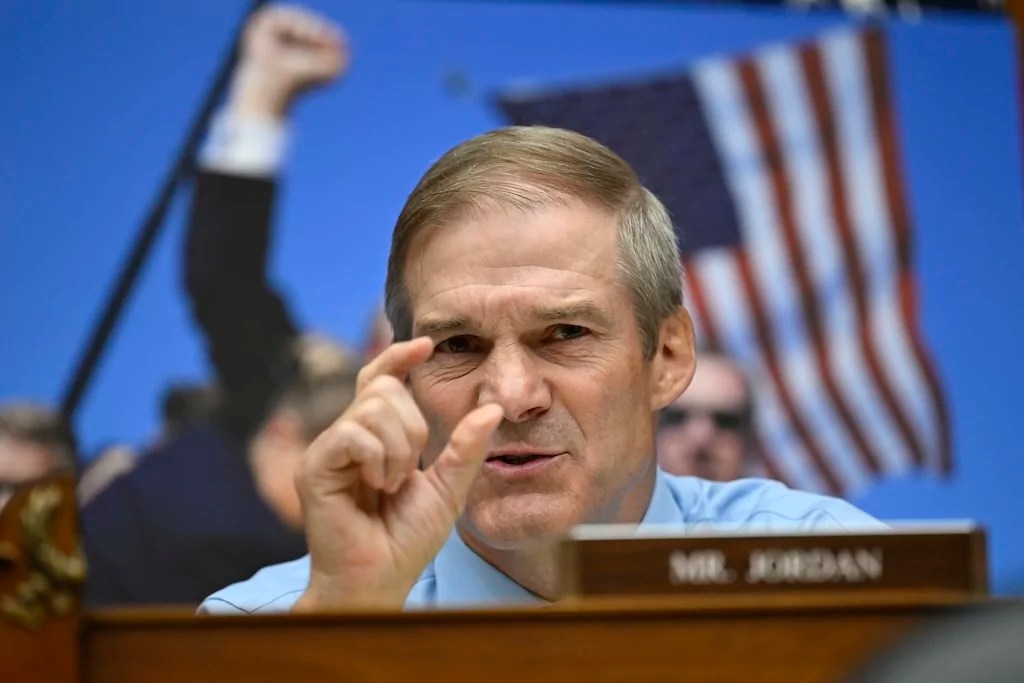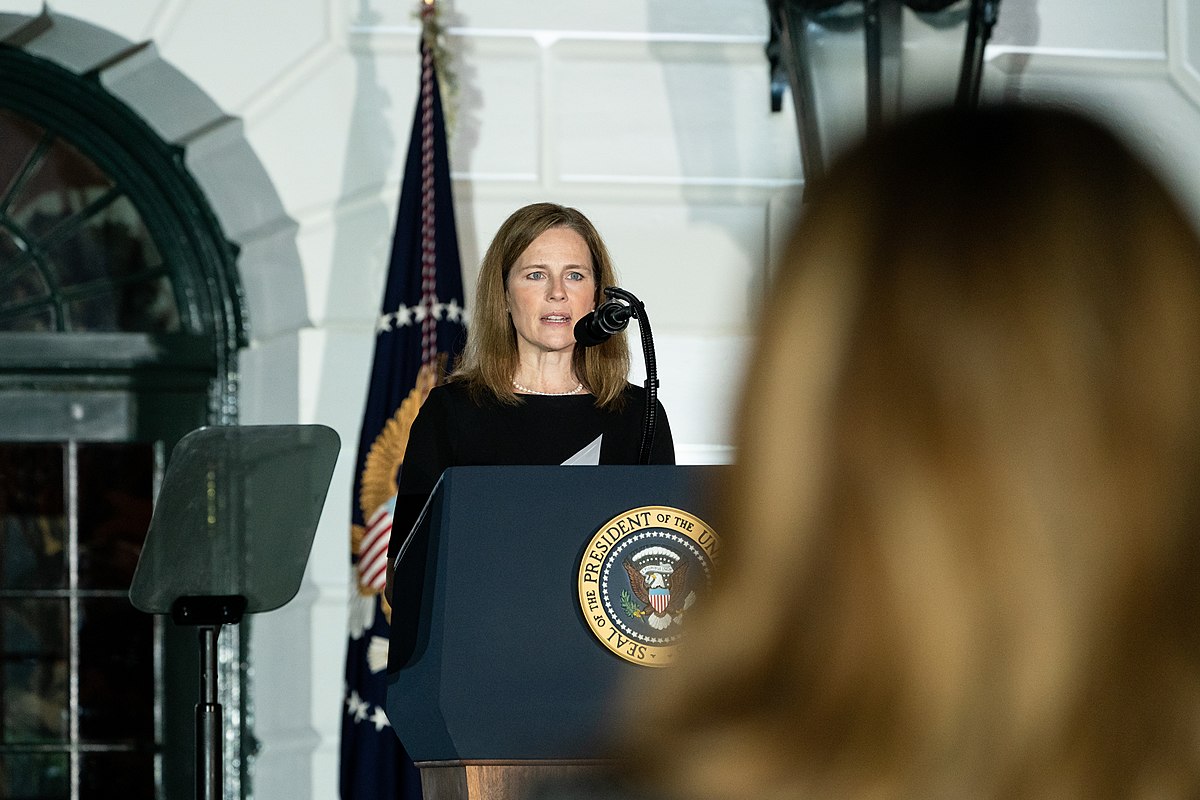Calling Clarence Thomas to testify could ignite ‘DEFCON one’ judiciary impasse
Supreme Court Justice Clarence Thomas is facing calls to testify about his relationship with GOP megadonor Harlan Crow — but legal and ethics experts believe such calls could ignite a “DEFCON one” impasse between the judicial branch.
Calls for Thomas to speak about unknown trips on the money of Dallas-based real estate developer Crow are coming in from the New York Timeseditorial board and intensifying advocacy organizations like Common Cause. Chief Justice John Roberts should address the behavior described in two ProPublica reports that the justice didn’t disclose luxury trips and a real estate transaction with the Republican donor, according to Senate Judiciary Chairman Dick Durbin( D-IL ) and other Democrats on the committee.
CLARENCE THOMAS’S CHILDHOOD HOME WAS BOUGHT BY HARLAN CROW TO Design” People MUSEUM.”
Due to possible contentious separation of powers problems, Durbin vowed the council would schedule a reading” regarding the need to restore confidence in the Supreme Court’s’s social requirements” and asked Roberts to carry out an investigation. He continued,” And the Committee will consider legislation to resolve this issue if the Court does not do so on its own.”
The committee should” call Justice Clarence Thomas as a witness in hearings to examine Supreme Court ethics in the wake of the latest scandal to engulf the nation’s’s highest court ,” according to Common Cause this week.
However, South Texas College of Law law professor Josh Blackman told the Washington Examiner that there are” very good reasons not to have a justice testify ,” suggesting that this could set the precedent for future justices to be questioned by Congress.
Blackman said,” Because you’re’re essentially setting a precedent in which justice can be called to request further action, which may have more to do with the cases they decide than the actual issue.” Additionally, he claimed that any Senate things to look into Thomas or to find proof of his impeachment would result in a” DEFCON one” standoff with the court, according to Roll Call.
Any technical request for Thomas’ testimony would probably be rejected, according to legal experts. Tom Clark was the only justice that Congress subpoenaed in the 1950s, but he declined, and legislators decided not to press the issue more. Blackman argued that Clark’s’s subpoena was never upheld, saying,” I’m’m not sure how much we can get out of it.”
Sen. Sheldon Whitehouse( D-RI ), who has introduced legislation to address ethics transparency on the high court, makes the case in Durbin’s’s statement that the Judicial Conference should be consulted by the Justice Department regarding potential ethics law violations.
The Judicial Conference’s’s prior release for all federal courts, including Supreme Court justices, to disclose additional information regarding free donations, such as remains at commercial properties and some friendly services, coincides with calls for stricter ethics rules for the judges. Even years after the new disclosure requirements were made public, reports of Crow’s’s” kindness” to Thomas, which occurred in the past, surfaced.
Importantly, Thomas said he” was advised” not to reveal the tours in his response to the ProPublica article about his walks with Crow.
The Washington Examiner was informed by Blackman and other law professors that nothing prevents Congress from enacting different ethics standards for the justices, such as the requirement to recuse from cases with conflicts of interest. However, establishing binding rules becomes a difficult task.
Roberts rejected requests for Thomas and Justice Elena Kagan to withdraw from the incidents in 2011 due to some alleged conflicts of interest. In his year-end paper, Roberts cited the bench’s’s small nine-member size and stated that” a Justice accordingly may withdraw from a condition out of comfort or simply to avoid controversy.”
The nine judges on the couch consult the Code of Conduct for United States Judges, which was first introduced in 1973, according to the Supreme Court Public Information Office. However, Blackman pointed out that because there are so few alternative methods for recused magistrates, the recusal needs for lower court courts can’t really be applied in the same way at the higher court.
Additionally, any constitutional problem to a novel act over high court morality standards may be subject to legal scrutiny because the Supreme Court is tasked with determining the propriety of laws passed by Congress.
Justin Buchler, a legislative authority and associate teacher at Case Western Reserve University, said to the Washington Examiner that if anyone were to contest the legality of it, the parliamentary rules on court ethics would be decided by the Supreme Court.
If the common complaint made by ethics experts about Thomas centers on the failure to disclose some of his monetary relations, if anything,” a better system of publication could reduce some these concerns ,” according to Buchler.
READ MORE FROM THE WASHINGTON EXAMINER Ok.
However, Buchler argued that if the perception of” corruption” on the high court is a result of the 6 – 3 Republican-appointed majority’s’s decisions over the previous years, it is still unclear whether ethical standards would improve that perception.
However, Buchler added,” At the same time, if you have more stringent reporting techniques, you may at least get a check on possible crooked techniques.”
" Conservative News Daily does not always share or support the views and opinions expressed here; they are just those of the writer."





Now loading...